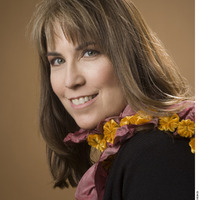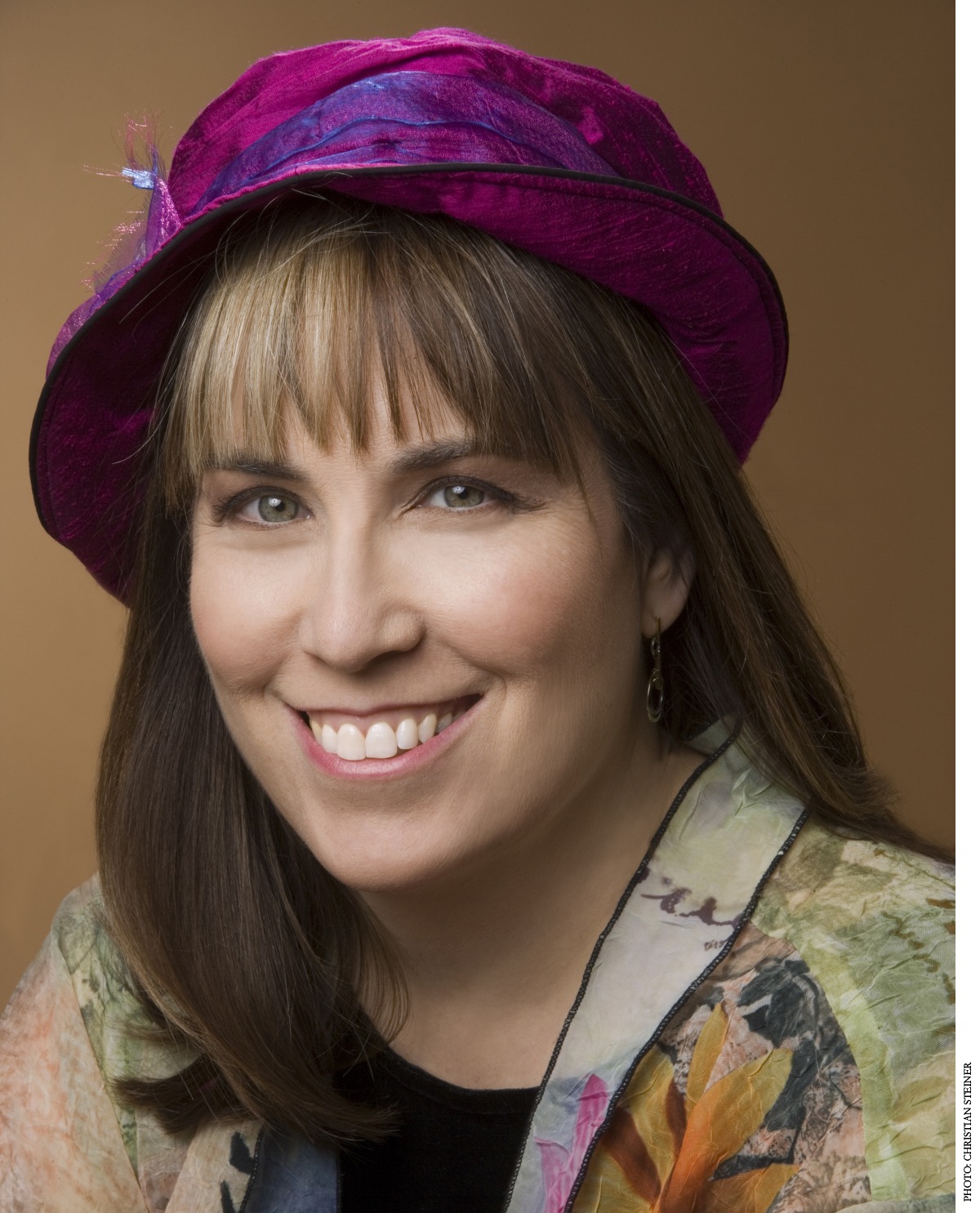About
For me, music is beauty and amazement and akin to architecture in sound. The process for building a musical work is so complex: from the composer’s first ideas to the performer’s recreations (each so unique), to the listener’s personal understanding: it’s a miracle. And how wonderful that music is universal — it reaches beyond any language to touch every human, no matter what the genre. Personally: I try to create beauty.
Described by Fanfare Magazine as “one of the most talented and intriguing of living composers,” Lori Laitman has composed multiple operas and choral works, and over 250 songs, setting texts by classical and contemporary poets (including those who perished in the Holocaust). Her music is widely performed, internationally and throughout the United States, and has generated substantial critical acclaim. The Journal of Singing wrote “It is difficult to think of anyone before the public today who equals her exceptional gifts for embracing a poetic text and giving it new and deeper life through music.” For more information, please visit www.artsongs.com.

